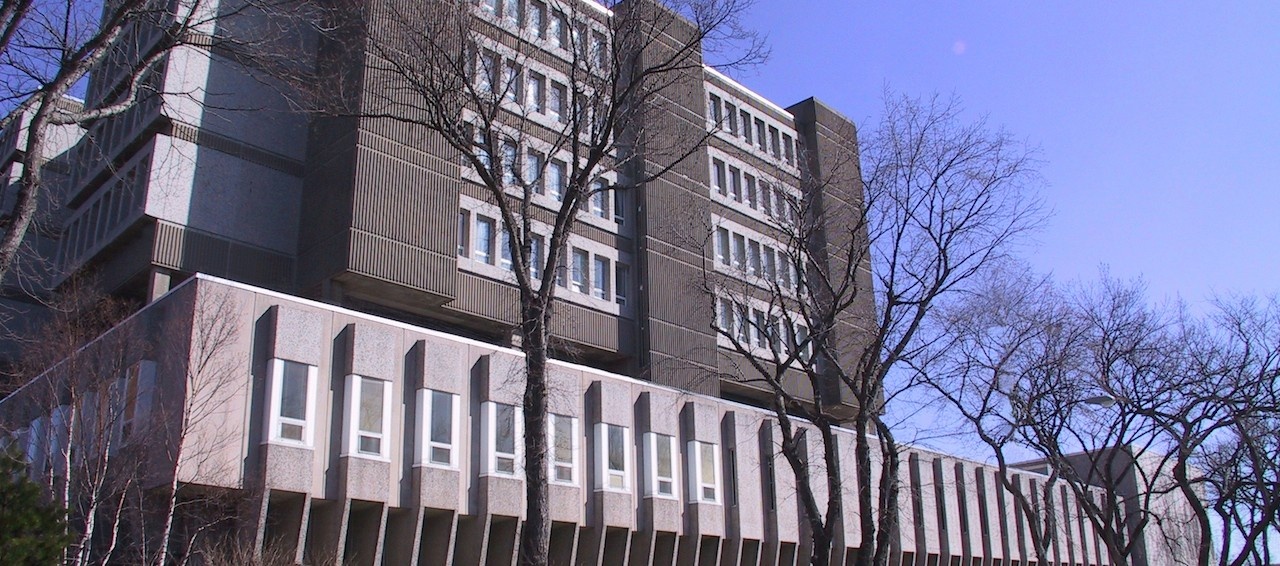W.O. McCormick Academic Day
About W.O. McCormick Academic Day
Academic Day is an annual event jointly sponsored by the Department of Psychiatry, the Nova Scotia Health Authority Central Zone Mental Health and Addictions Program, and Dalhousie Faculty of Medicine Continuing Professional Development. It features multiple speakers focused on a chosen theme.
Originally called Nova Scotia Hospital Academic Day, the first Academic Day was held in 1989 at the Nova Scotia Hospital. In 2014, the day was recognized for the first time as the W.O. McCormick Academic Day in honour of its founder, the late Dr. William Ormsby McCormick, who passed away in 2013.
Dr. McCormick was a longtime member of the Department of Psychiatry and was the architect of Academic Day. The event was part of Dr. McCormick’s strategy to have all clinical sites active in the academic mission of the department.
Academic Day was popular from the very beginning, but once established the numbers wishing to attend often exceeded capacity and people had to be turned away.
